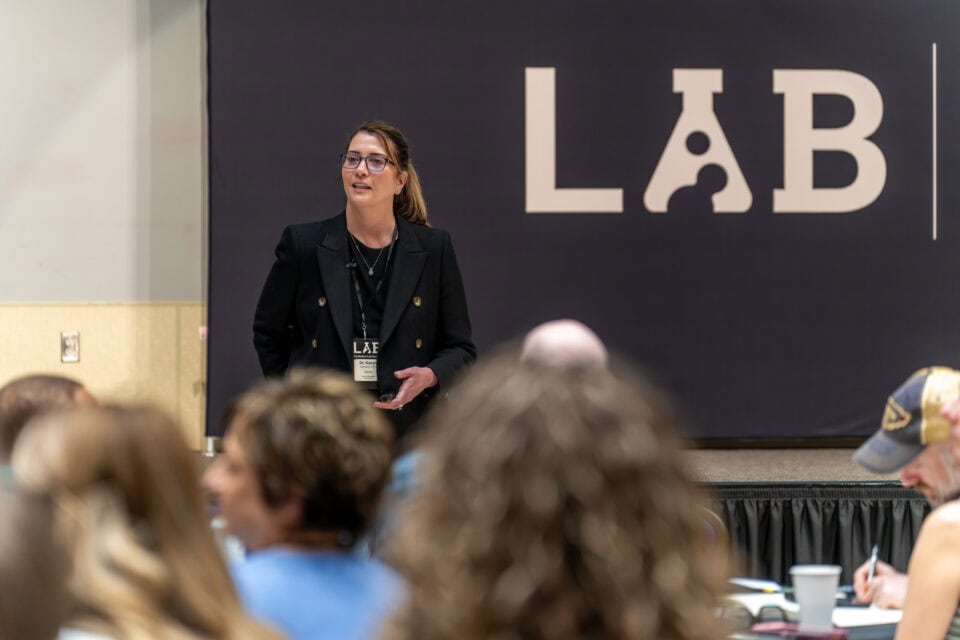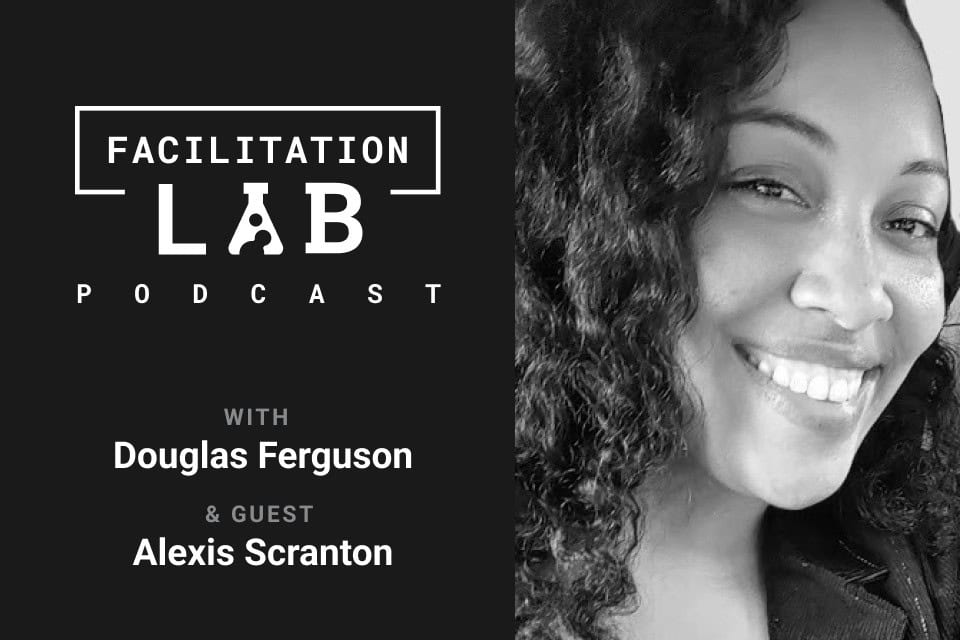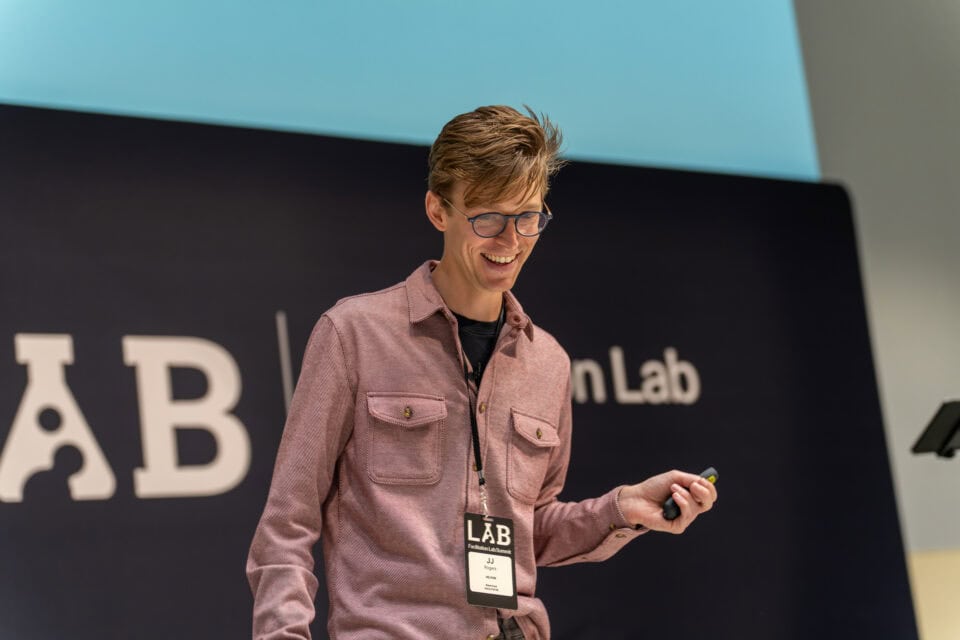
Millennial leaders are redefining leadership roles with a collaborative, purpose-driven, and feedback-centric approach. Their emphasis on professional development, personal growth, and inclusive environments is transforming workplace culture across various organizations. As digital natives, they navigate leadership typologies, generational differences, and multi-generational teams with a nuanced understanding. This article explores how millennial executives drive social impact, engage employees, and foster leadership pipelines for future leaders.








